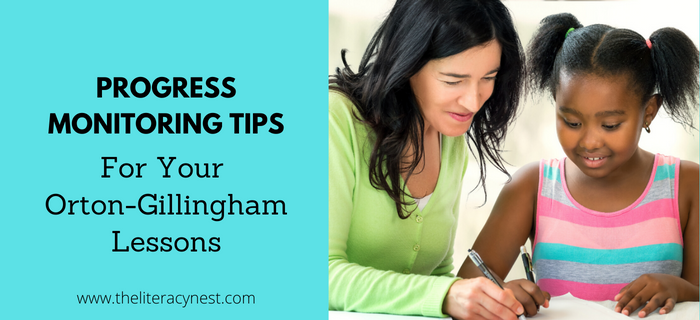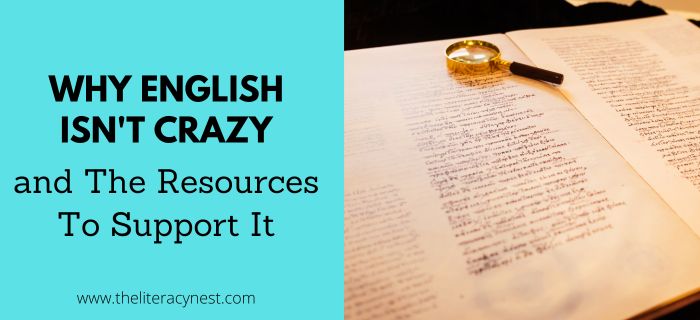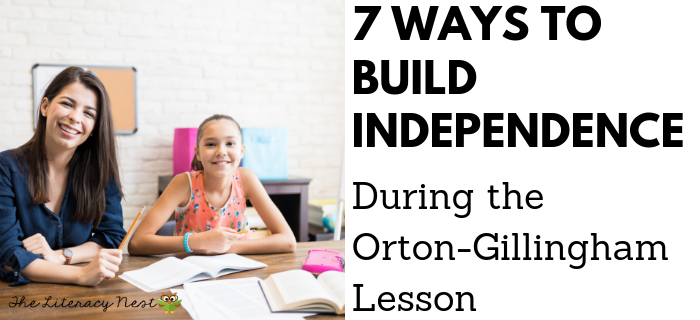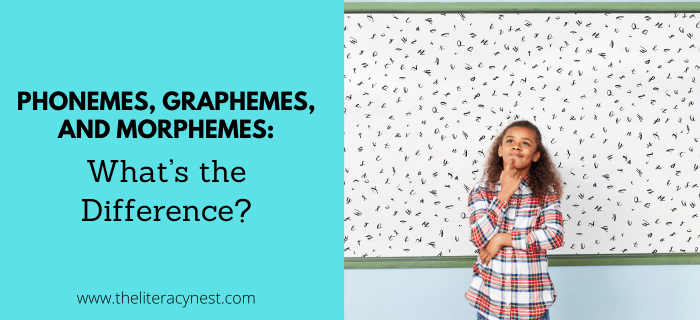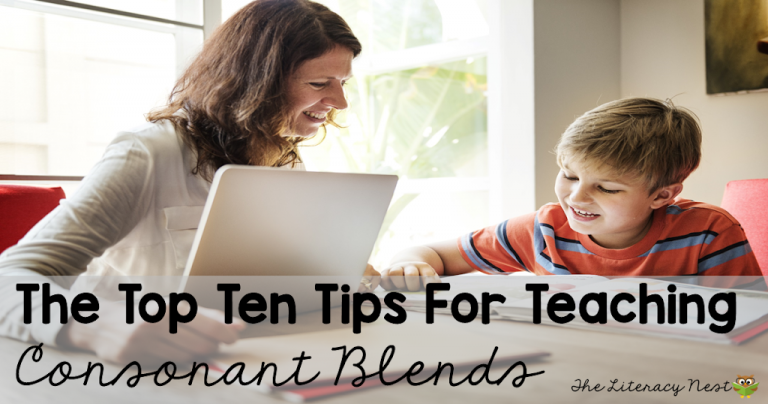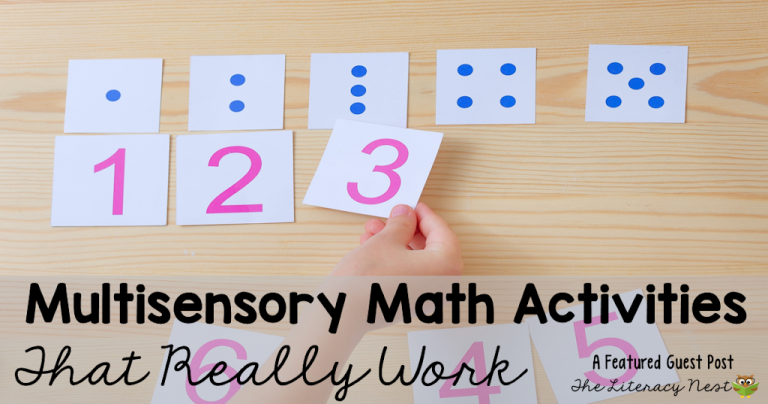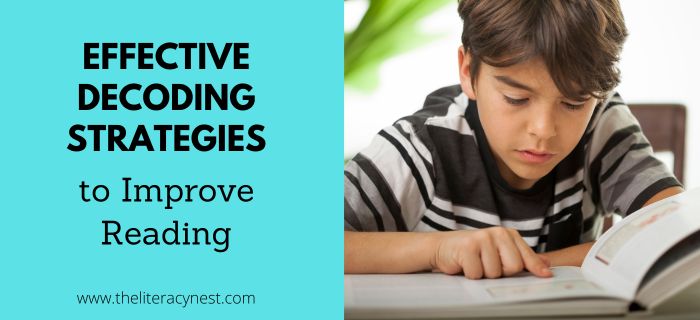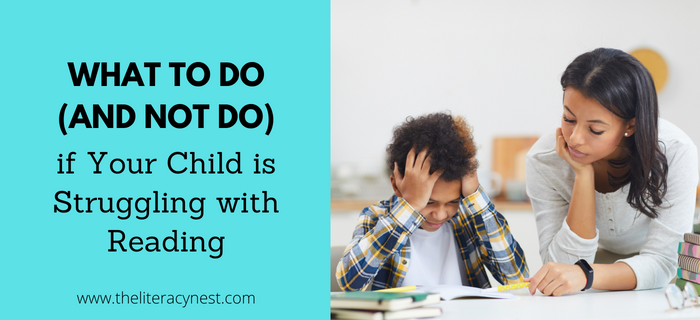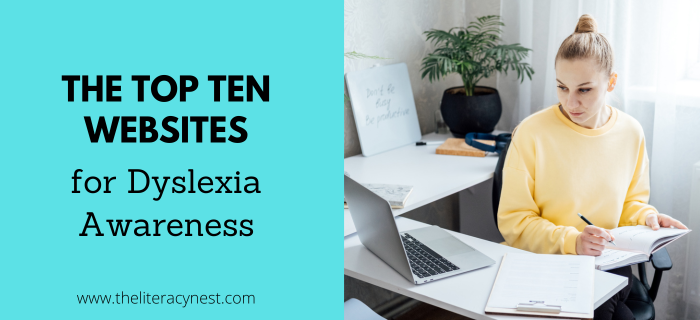Tips for Monitoring Your Orton-Gillingham Lessons
Want to learn how to monitor your Orton-Gillingham lessons? Here are some useful tips. The data-driven world of education can sometimes feel overwhelming. But with the tips I have for progress monitoring, the task isn’t going to feel so daunting. Is it important for you to take some time to consider progress monitoring? Yes! When…

